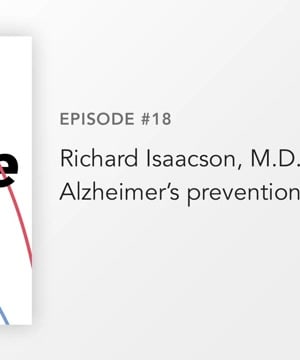Dementia
Sources:
Dementia is a significant topic with various aspects discussed by trusted experts across different podcasts. Here are some key insights:
- Definition and Prevalence:
- Dementia is a clinical syndrome characterized by progressive memory and thinking impairments. It affects approximately one in ten adults over 65 and one in three over 85. The number of dementia cases is expected to rise as the population ages, potentially reaching 139 million globally by 2050 1.
- Types of Dementia:
- Alzheimer's Disease: The most common form, characterized by short-term memory loss and progressive decline in cognitive function and daily living abilities. It involves neurofibrillary tangles and beta-amyloid plaques that lead to neural loss 2.
- Lewy Body Dementia: Presents with cognitive impairment, Parkinsonism (e.g., stiffness, reduced arm swing), and prominent visual hallucinations. Symptoms can fluctuate significantly 3.
- Other Types: Includes frontotemporal lobe dementia, vascular dementia, and conditions like Huntington's disease or Korsakoff's syndrome, each with distinct underlying mechanisms and progression rates 4 5.
- Challenges and Management:
- Dementia can severely reduce a person's sense of autonomy and social engagement, impacting the happiness and psychological needs of both the affected individuals and their caregivers. However, it is possible to live well with dementia by focusing on the whole person and not just their deficits 1.
- Diagnosis:
- Prevention:
- Identifying dementia in its early, mild cognitive impairment stage can help in reducing the risk of progression. Factors like hormone imbalances, vitamin deficiencies, and inflammation are significant contributors and are treatable to some extent. Lifestyle changes and proactive measures can play crucial roles in prevention 5 4.
- Personal Stories and Impacts:
- Numerous experts and hosts shared personal stories, emphasizing the emotional and psychological burdens dementia places on families. These stories highlight the importance of early prevention and the continuous search for effective treatments and support systems for those affected 6.
If you are exploring ways to manage or prevent dementia or seeking detailed scientific explanations of its different forms, these insights can serve as a strong foundation.
RELATED QUESTIONS- Definition and Prevalence:



